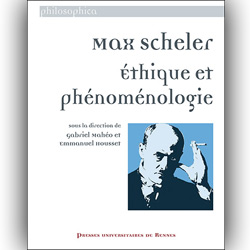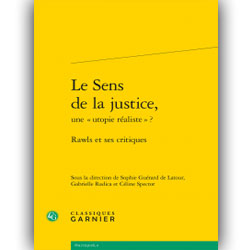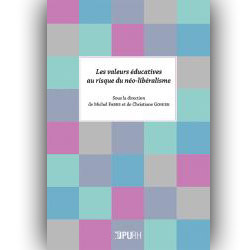09 Déc Marges de l’opéra: Musique de scène, musique de film, musique radiophonique 1920-1950
Au XXe siècle, des années vingt aux années cinquante, l'opéra apparaît comme un genre en crise dont la mort est déjà proclamée. Si le déploiement des Ballets russes puis des Ballets suédois a ouvert, en France, une voie de substitution pour développer de nouveaux modes...









